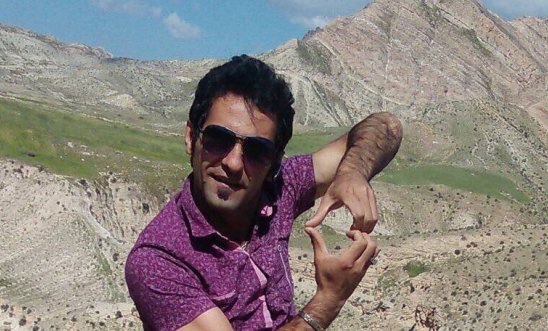
Amnesty International Urges Global Action to Stop Inhumane Punishment
April 11, 2025 – Iranian authorities are preparing to carry out the finger amputation sentences of three men as early as today, Amnesty International warns, calling it a “cruel and irreversible punishment” based on torture-tainted confessions and grossly unfair trials.
The prisoners – Hadi Rostami (38), Mehdi Sharifian (42), and Mehdi Shahivand (29) – have been held in Urumieh Central Prison since their arrests in 2017. In 2019, they were convicted of robbery and sentenced to have four fingers on their right hands cut off, leaving only their palms and thumbs intact.
According to Amnesty, the men were denied legal representation during interrogation and their convictions relied on forced “confessions” obtained under torture. Methods of abuse included beatings, flogging, threats of rape, and broken bones. All three have since recanted their confessions and staged hunger strikes to protest their sentences.
“This nightmare must end so that we can find a way back to life,” the men wrote in a letter from prison last November. Another letter from Rostami in March pleaded with the international community to act urgently to stop the executions.
“Amputation constitutes torture, which is a crime under international law,” said Sara Hashash, Amnesty’s Deputy Director for the Middle East and North Africa. “For years, these men have lived in a waking nightmare… Iran’s judicial system is a vital cog in the machinery of torture.”
The warning follows a disturbing precedent from October 2024, when Iranian authorities amputated the fingers of two brothers in the same prison using a guillotine-like device. Amnesty fears the machinery is now prepared for further amputations.
Iran remains one of the last countries in the world to maintain corporal punishment. Since 1979, at least 384 amputation sentences have been issued, with at least 223 carried out, according to the Abdorrahman Boroumand Center. Victims are disproportionately from poor and marginalized communities, often left unable to work and stigmatized in society.
Amnesty is urging the United Nations, human rights organizations, and world governments to demand an immediate halt to the planned amputations and to pursue legal accountability for those responsible.



